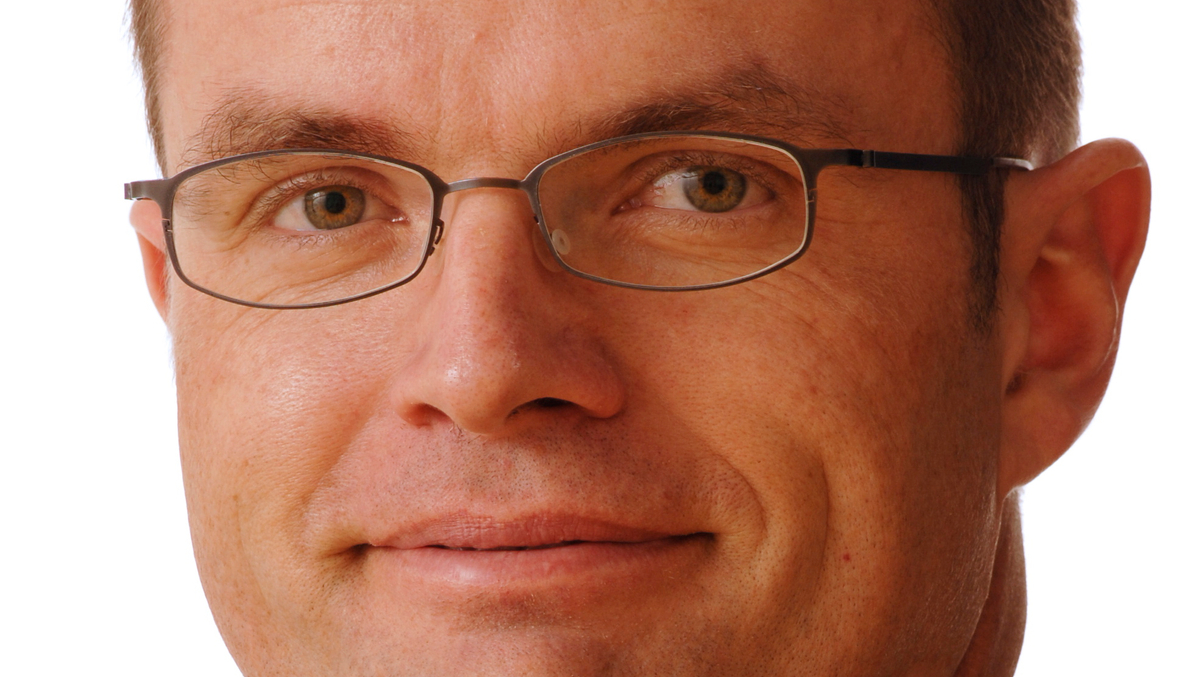Expectations soar for public equity over alternatives
In our annual survey of fund executives, strong flows into public equities are forecast at the expense of alternatives, which contradicts the fundraising arena.

AsianInvestor and Clifford Chance’s annual survey of regional industry executives finds expectations for investment into public equity markets rising strongly, most notably at the expense of alternative vehicles.
Sign in to read on!
Registered users get 2 free articles in 30 days.
Subscribers have full unlimited access to AsianInvestor
Not signed up? New users get 2 free articles per month, plus a 7-day unlimited free trial.
¬ Haymarket Media Limited. All rights reserved.


